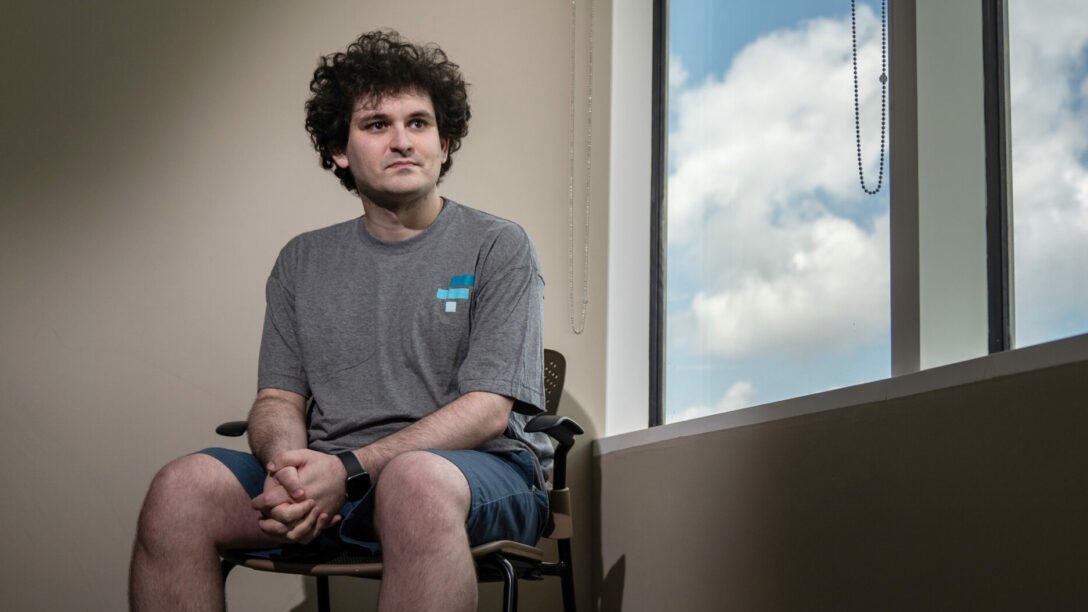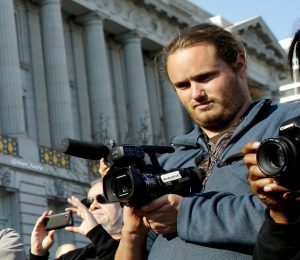Former FTX CEO Sam Bankman-Fried’s fate was sealed as a jury unanimously found him guilty on all seven criminal charges, including wire fraud, securities fraud, and money laundering. This verdict threatens to condemn the 31-year-old to a potential 115-year prison sentence, marking a stark downfall for the once-prominent figure in the cryptocurrency world.
Hailing from a family of legal scholars, Bankman-Fried faced the gravity of his actions in a highly publicized trial. The prosecution, led by U.S. Attorney Damian Williams, portrayed Bankman-Fried as the mastermind behind a colossal financial scheme, referring to it as one of the biggest frauds in American history.
Also Read: Sam Bankman-Fried testifies in his own defense in FTX fraud trial
Throughout the trial, Bankman-Fried maintained his innocence, asserting that his actions were not criminal but rather miscalculations. However, the testimonies of former close associates, including his ex-girlfriend Caroline Ellison and FTX co-founder Gary Wang, contradicted his claims, shedding light on the misuse of customer funds and the subsequent collapse of FTX and Alameda.
His defense strategy, largely reliant on his own testimony, failed to sway the jury, which swiftly delivered a decisive verdict after only a few hours of deliberation. Bankman-Fried’s stoic demeanor during the trial’s climax contrasted with the palpable tension radiating from his visibly anxious parents in the courtroom.
Also Read: Sam Bankman Fried family: Know about father Joseph, mother Barbara, and brother Gabriel
The implications of Bankman-Fried’s conviction reverberate throughout the cryptocurrency industry, amplifying concerns around the sector’s regulatory vulnerabilities and criminal practices. Once celebrated as the “king of crypto,” Bankman-Fried’s fall from grace exemplifies the scrutiny faced by industry leaders and the enduring challenges of governance and accountability in the evolving world of digital finance.
As the crypto market continues to grapple with its volatility and regulatory complexities, Bankman-Fried’s case stands as a cautionary tale, underlining the urgency for strengthened oversight and ethical practices within the sector.







